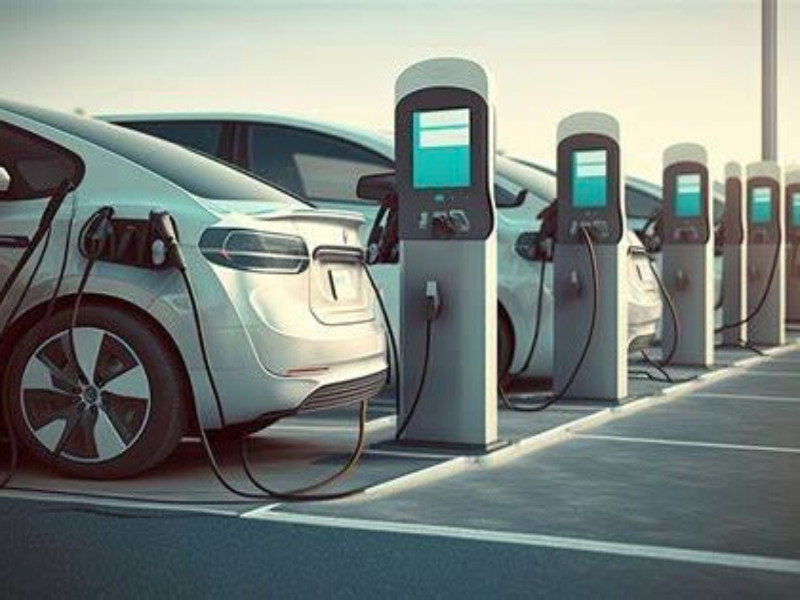- As the EV industry moves towards more unified standards, the convenience and accessibility of EV charging are expected to improve.
- While the EV charging infrastructure is not yet fully universal, advancements in standardisation and technology are making it easier for drivers to find compatible charging options.
As electric vehicles (EVs) gain popularity, one common question among drivers is whether EV chargers are universal. The answer is currently no—while there is a growing movement towards standardisation, differences in charging connectors, power levels, and regional standards mean that not all chargers are compatible with every EV. This article will explore these nuances to help EV owners understand the landscape of charging infrastructure.
Types of EV chargers and connectors
There are 2 main categories of EV chargers in total. First is Level 1 and 2 Chargers. By using a standard 120-volt household outlet, Level 1 chargers are universal in the sense that any EV can use them only if there is an appropriate connector. They are, however, the slowest charging option, providing a limited range per hour of charge.
Also read: 3 different levels of EV chargers
On the other hand, Level 2 chargers require a 240-volt outlet and are more common in home and public charging stations. While most EVs can use Level 2 chargers, the compatibility depends on the connector type.
The second category is DC fast chargers. It is designed for quick charging, providing substantial range in a short amount of time. However, their connectors vary significantly. Combined Charging System (CCS) is widely adopted in Europe and North America, combining a standard Type 1 or Type 2 connector with additional pins for fast DC charging.
CHAdeMO is another fast charging standard, which is used primarily by Japanese automakers, though it is less common outside Asia.
Tesla uses a proprietary connector in North America, called Tesla Superchargers. It is specific for Tesla vehicles unless adapters are available. In Europe, Tesla has adopted the CCS standard.
Regional differences and standardisation of EV chargers
In North America, the most common connector for Level 1 and Level 2 charging is the J1772 (Type 1), while fast charging infrastructure predominantly uses CCS and Tesla’s proprietary system. The Tesla Supercharger network is extensive but primarily restricted to Tesla vehicles.
Also read: 4 differences between tethered and untethered EV chargers
Europe uses the Type 2 (Mennekes) connector for Level 2 charging and has widely adopted the CCS standard for fast charging. Tesla vehicles in Europe are equipped with the CCS connector, facilitating broader compatibility.
CHAdeMO is more prevalent in Asia, particular in Japan, with CCS gaining traction in other Asian markets. The regional variation in connector standards can pose challenges for EV owners, particularly those traveling across regions with different charging infrastructures.
Considerations for EV owners
First and foremost, EV owners should understand their vehicle’s charging capabilities, including the type of connector it supports and the maximum charging rate. This knowledge helps in planning charging stops, especially on long trips.
Charging speed and convenience also accounts an important factor. While all EVs can technically be charged with any level of charger given the right connector, the speed and convenience can vary significantly. Fast chargers are ideal for quick stops, while Level 1 chargers may be sufficient for overnight charging.
The availability of different charger types varies by region and location. Urban areas and major highways often have better-developed fast charging networks, while rural areas may have more limited options.

